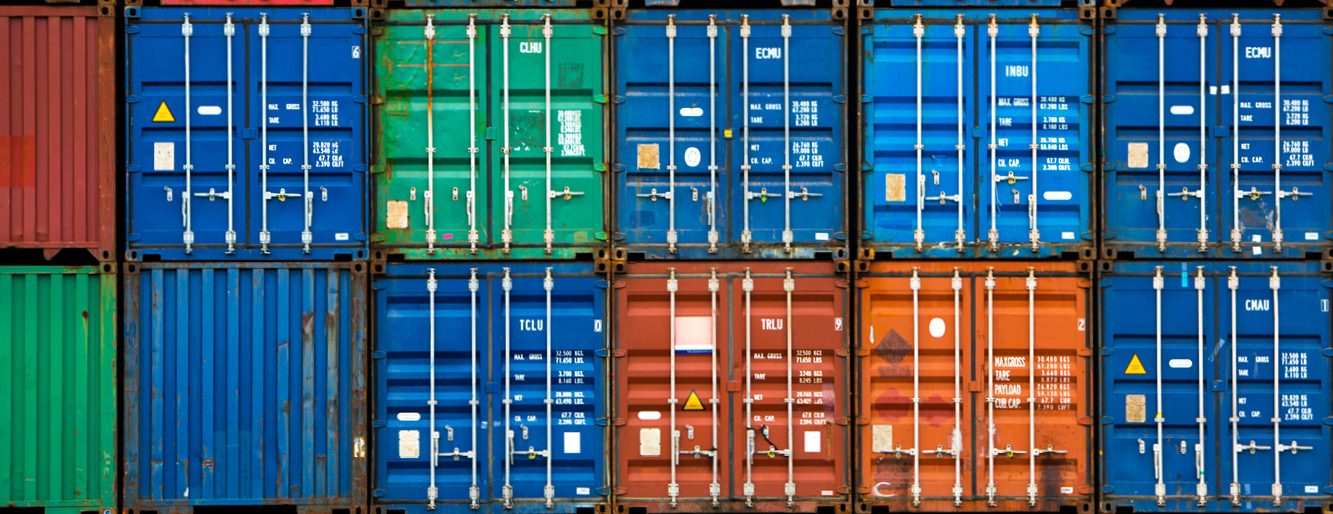When importing goods into a country, an essential step is releasing it from customs. This is because customs have many important responsibilities, including the power to seize and confiscate suspicious goods (section 200A of the Israeli Customs Ordinance).
Our team of expert professional has extensive knowledge in IP law and custom regulations, as well as vast experience in conducting negotiations, working with customs and various enforcement agencies, enabling us to protect and enforce our clients’ intellectual property rights in the most efficient and professional manner. Our firm handles many customs enforcement cases for a variety of clients from different fields and industries, ranging from international fashion brands to luxury automobile brands, pharmaceutical products, games and toys, cosmetics and digital devices.
One of the main reasons for seizing goods at customs is an alleged suspicion of intellectual property rights infringement. In many cases, the infringement is of a registered or a well-known trademark, but it can also be a copyright or a registered design.
The seizure procedure is an effective enforcement tool, but it has short timelines, making it crucial for both parties (the holder of the detained goods and the owner of the allegedly infringing right) to be familiar with this procedure. Customs has the power to detain goods suspected of intellectual property rights infringement, in cases where a complaint has been received from the rights holder in this matter, as well as in cases where no complaint has been received, but where there is suspicion on the part of customs officials that the goods are infringing intellectual property rights.
When IP rights are allegedly infringed, customs officials do not have the tools to determine whether they are counterfeit goods. Therefore, they turn to the rights holder to examine the seized products and determine whether it is indeed an infringement. There are two types of procedures for handling delayed goods – a "short" procedure and a "long" procedure. The choice of customs in a "short" or "long" procedure is an independent decision of customs that cannot be appealed, but is usually based on the price of the goods, the cost of storage, the cost of destruction of the goods and the level of risk of delay, resulting from the inspection of goods by customs officials.
In the event that the parties have not signed a settlement agreement and no lawsuit has been filed by the rights holder within the prescribed period, the goods will be released by customs, although customs may extend the period for filing the claim for special reasons that have been recorded.
It may seem that a "long" procedure could be more expensive for the rights holder, but in many cases this procedure leads to better results for the rights holder, who receives details about the importer and the supplier who sold him or her the infringing goods. However, in some cases where the rights holder finds out that the importer is located in The West Bank (Judea and Samaria) or the Gaza Strip, the rights holder will likely encounter additional difficulties, such as when enforcing the agreement, given the legal status of these territories. The negotiations, therefore, need to be conducted in a way that will lead to the most effective results.





